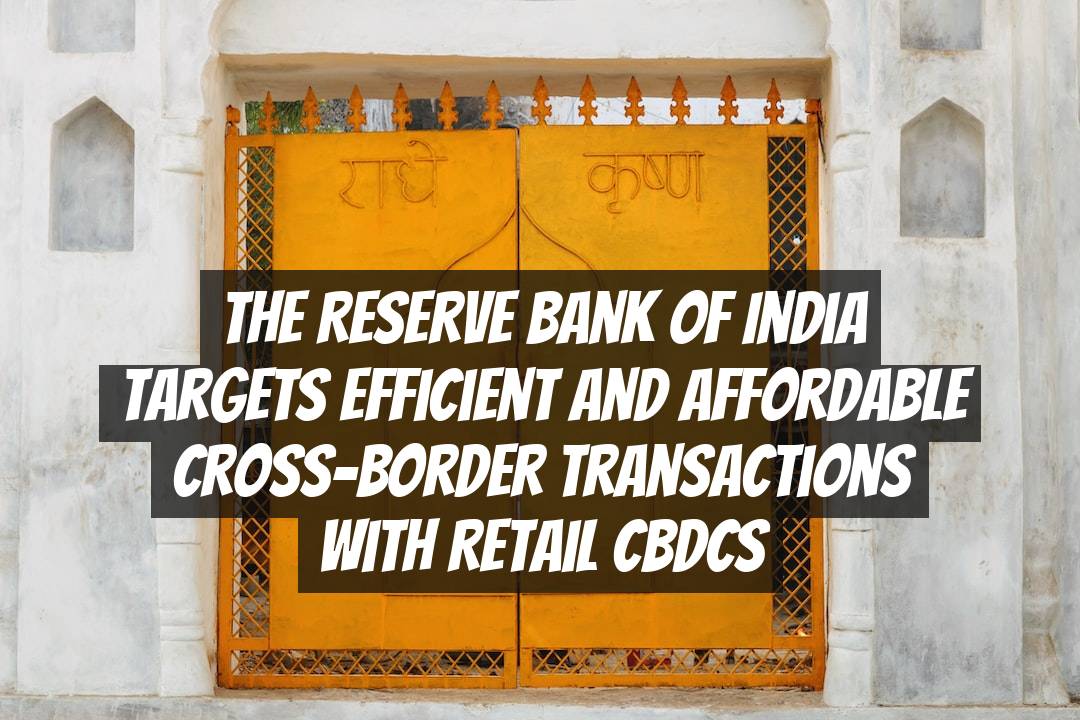RBI Aims for Efficient and Cheaper Cross-Border Transactions with CBDC
The Reserve Bank of India (RBI) is planning to achieve a million retail central bank digital currency (CBDC) transactions per day by the end of the year. Deputy Governor T Rabi Sankar highlighted the importance of more efficient and cheaper cross-border transactions as a key aim in the development of the digital currency. Currently, the correspondent banking arrangement for cross-border transactions is costly and inefficient, with a 6% transaction fee for small-value remittances. CBDCs can bypass intermediaries and offer instantaneous transactions. To increase the acceptability of CBDCs, the RBI plans to leverage the existing Unified Payment Interface network and introduce interoperability for CBDC transactions through QR codes. Sankar emphasized that CBDCs are essentially money and can be converted into bank deposits. He also cautioned against the use of stablecoins linked to foreign currencies, as it could lead to a transfer of seigniorage income and dollarization risks for India.
Key Points:
– CBDCs provide advantages in cross-border transactions by eliminating intermediaries and offering instantaneous transactions.
– The existing correspondent banking arrangement for cross-border transactions is costly, with a 6% transaction fee for small-value remittances.
– The RBI plans to leverage the existing Unified Payment Interface network and introduce interoperability for CBDC transactions through QR codes.
– CBDCs are essentially money and can be converted into bank deposits, unlike transaction systems like UPI.
– The use of stablecoins linked to foreign currencies could lead to seigniorage income transfer and dollarization risks for India.
Hot Take: Focus on Efficiency and Cost Reduction in Cross-Border Transactions
The RBI’s push for efficient and cheaper cross-border transactions through CBDCs is a significant step in the digitization of the Indian economy. By bypassing intermediaries and offering instantaneous transactions, CBDCs have the potential to revolutionize cross-border payments. The interoperability of CBDC transactions through QR codes and the conversion of CBDCs into bank deposits further enhance their utility. However, caution is necessary when considering stablecoins linked to foreign currencies, as they may have adverse effects on India’s seigniorage income and monetary policy. Overall, the RBI’s focus on efficiency and cost reduction in cross-border transactions aligns with the growing global trend towards CBDC adoption.
The Economic Times is an Indian English-language business-focused daily newspaper. It is owned by The Times Group. The Economic Times began publication in 1961. As of 2012, it is the world’s second-most widely read English-language business newspaper, after The Wall Street Journal, with a readership of over 800,000. Wikipedia

